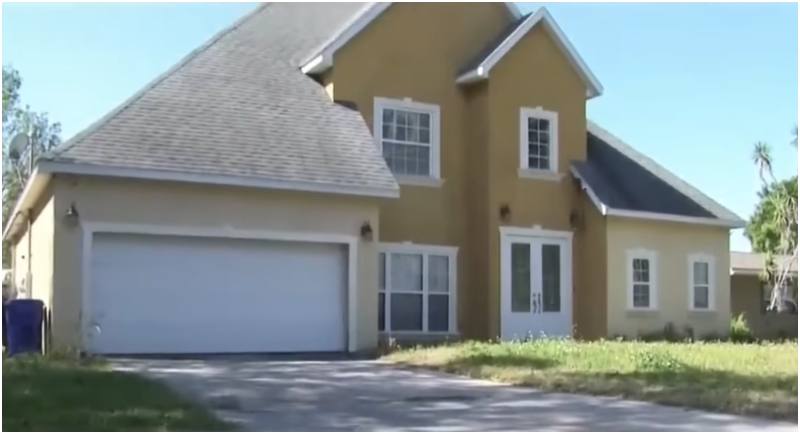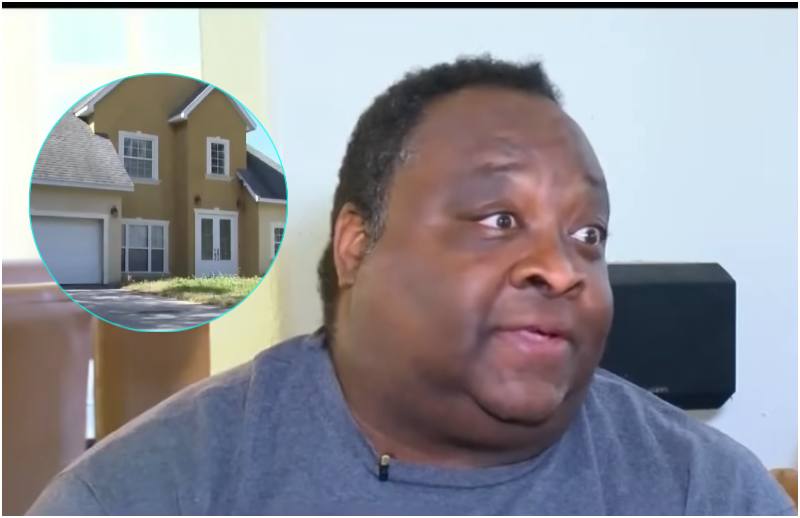A Florida man’s dream home, built brick by brick over three years with his own hands, was stolen in a shocking case of deed fraud that highlights vulnerabilities in property ownership safeguards.
John Witt Jenkins, a resident of Dunedin, Florida, discovered in 2019 that his home, which he had constructed from scratch, was fraudulently sold without his knowledge.
“I built this house for under $100,000 with sweat equity—nights and weekends for three years,” Jenkins recounted in a recent interview.
The nightmare began when Jenkins checked Zillow and saw his house listed as recently sold for $160,000, despite its market value exceeding $350,000 at the time. Alarmed, he visited the Pinellas County Property Appraiser’s Office, where he discovered a forged deed bearing his forged signature.

The fraudulent deed was electronically filed and bore a fake notary stamp, which, shockingly, was enough to transfer ownership of his property.
“You just allow anybody to send documents, and you go with it without any type of authenticity or verification,” Jenkins said, recounting his disbelief at the ease with which the fraud occurred.
Jenkins spent two months fighting to reclaim his home, and his case led to a broader investigation by the Pinellas County Sheriff’s Office. Authorities identified Michael Bogstad, a Plant City real estate broker, as the alleged mastermind behind the fraud.
Bogstad was arrested and charged with stealing at least six properties, including Jenkins’ home. According to detectives, Bogstad created fraudulent deeds and fictitious mortgage documents, transferring ownership to entities under his control. He would then either sell the properties to unsuspecting buyers or take out fraudulent mortgages.
Despite the charges, Bogstad has pleaded not guilty, and his attorney has declined to comment on the allegations.
Jenkins’ ordeal is a stark warning to homeowners about the dangers of deed fraud, a growing problem that can leave property owners scrambling to reclaim their assets.
Jenny Restrepo of Synergy Title Partners, whose office flagged several suspicious transactions involving Bogstad, emphasized the importance of vigilance.
“If you’re completely unaware, it can happen,” Restrepo said.
Restrepo revealed that Bogstad attempted to sell Jenkins’ home but was thwarted when her office reported the transaction to law enforcement.
“His response was, ‘Don’t worry about it. No one’s going to come looking,’” Restrepo said, highlighting the audacity of the scheme.
The case underscores the need for stricter safeguards in property deed filings, including enhanced verification processes to prevent fraudulent transfers.
For Jenkins, the experience has been a hard lesson in protecting one’s property.
“They just gave him my house on probably two hours’ worth of work,” he said.
Four years after reclaiming his home, Jenkins is sharing his story to raise awareness about the risks of deed fraud and the importance of staying vigilant.

